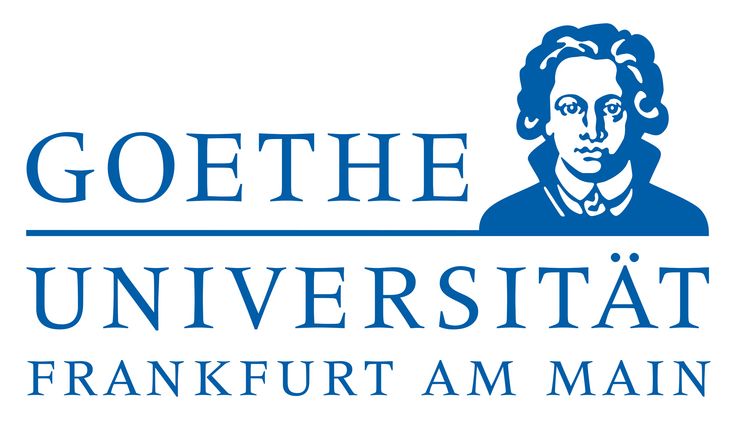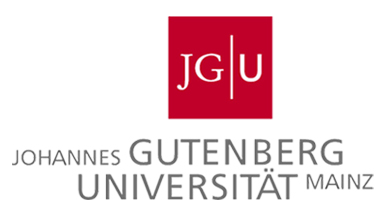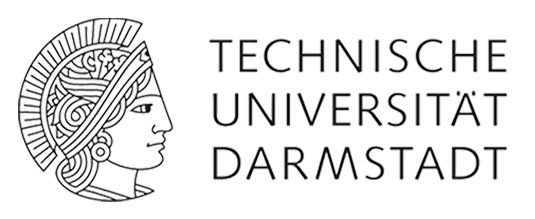Education:
Ph.D., Economics, GSEFM, Goethe University Frankfurt, 2021 (expected)
M.Sc., Economics, University of Bologna, 2014
B.Sc., International Relations, University of Bologna, 2011





RuW, Postbox 48, Faculty of Economics and Business,
Theodor-W.-Adorno-Platz 4, Goethe University Frankfurt,
60323 Frankfurt am Main, Germany
Phone: (+49) 69 - 798 - 34768
Email: davoli@wiwi.uni-frankfurt.de
Personal Website: http://www.maddalenadavoli.com
Education:
Ph.D., Economics, GSEFM, Goethe University Frankfurt, 2021 (expected)
M.Sc., Economics, University of Bologna, 2014
B.Sc., International Relations, University of Bologna, 2011
Fields of Specialization:
Economics of Education, Gender Economics, Economics of Culture, Applied Microeconometrics, Household Finance
Curriculum Vitae:
References:
| Prof. Michalis Haliassos Chair of Macroeconomics and Finance Goethe University, Frankfurt haliassos@wiwi.uni-frankfurt.de |
Prof. Núria Rodríguez-Planas Department of Economics City University of New York, Queens College, New York nuria.rodriguezplanas@qc.cuny.edu |
Prof. Daniel Gutknecht Chair of Microecono -metrics Goethe University, Frankfurt gutknecht@wiwi.uni-frankfurt.de |
Prof. Tindara Addabbo Department of Economics University of Modena and Reggio Emilia, Modena tindara.addabbo@unimore.it |
Job Market Paper:
A, B or C? Question Format and the Gender Gap in Financial Literacy
Abstract: Literature in household finance has consistently found financial literacy gender gaps around the world. At the same time, there are evidence that women perform worse on multiple-choice questions. In this article, employing data from PISA 2015, we analyze the differential gender effect of item formats on students’ financial literacy. Having answers to both multiple-choice and open-response questions for each student, we employ a quasi-panel specification and use within-student estimation of the effect of item formats on gender gaps in financial literacy, while controlling for individual-invariant characteristics that equally affect performance across formats. We show that girls perform worse than boys when answering multiple choice questions, whereas such difference is not observed for the constructed-response format. Moreover, we highlight how the results may be driven by question characteristics underlying the selectedresponse format, especially the context and cognitive process of the item, whereas no role is found for differential effect of students non-cognitive traits in answering multiple choice versus open-response questions. Evidence also suggests that our results are generalizable to settings other than the 15-years old population tested in PISA and that specific policy aimed at training individuals to the multiple-choice format may help closing the observed difference.
Other Papers:
Financial literacy, institutions and education: Lessons from the
German reunification
With Jia Hou; German Economic Review (2021), doi.org/10.1515/ger-2020-0027
Abstract: A growing body of literature shows the importance of financial literacy in affecting households’ choices. Fewer studies focus on understanding the determinants of different levels of financial literacy and our paper contributes filling this gap by analyzing a specific determinant, the educational system, to explain the heterogeneity in financial literacy scores across Germany. We suggest that the lower financial literacy observed in East Germany is partially attributed to a different institutional framework experienced during the Cold War, more specifically, to the socialist educational system experienced in East Germany, which affected specific cohorts of individuals. By exploiting the unique set-up of German reunification, we identify education as a channel through which institutions and financial literacy are related in the German context. In support of this hypothesis, we find that individuals exposed to the Eastern educational system exhibit, on average, 12% to 21% lower financial literacy scores as compared to the control group.
Culture and adult financial literacy: Evidence from the United
States
With Núria Rodríguez-Planas; Economics of Education Review, 78, 102013 (2020), doi.org/10.1016/j.econedurev.2020.102013
Abstract: Using a US nationally representative sample of over 6,000 adults from 26 countries of ancestry, we find a strong association between their financial literacy in the US and the financial literacy level in their self-reported country of ancestry. More specifically, if an individual from a country of ancestry with “average” financial literacy had instead come from a country with financial literacy one-standard deviation above the mean, his or her likelihood of answering correctly basic financial literacy questions regarding inflation, risk diversification, and interest rate in the US would have increased by 4 percentage points, a 9% increase relative to the average financial literacy in our sample of 43%. The cultural components behind this observed association include a strong emphasis on patience, long-term orientation and risk-aversion in the country of ancestry. We also find that the association is driven by financial literacy on risk diversification and interest compounding.
Preferences, Financial Literacy, and Economic Development
With Núria Rodríguez-Planas; IZA Discussion Paper No. 14759 (2021)
Abstract: Using data from 74 countries, we uncover important differences in the association between financial literacy and preferences by the level of economic development. We find that patience is only salient in wealthier countries, i.e. countries with their GDP per capita above the sample median. In such cases, countries with higher level of patience display higher levels of financial literacy. Importantly, this association is not driven by a multitude of institutional or cultural factors known to be related to financial literacy. In impoverished countries, we document a higher level of financial literacy in countries with higher levels of risk-taking but with lower levels of trust, positive reciprocity, and altruism. Countries' legal origin drives most of the association with risk-taking and about two fifths of the relationship with trust and positive reciprocity. At the same time, the country's religious composition drives the association between altruism and financial knowledge. Our findings underscore that financial education programs need to be tailored to the cultural aspect of group preferences and suggest what type of traits policies and programs ought to be reinforced in poorer countries.
The Gender Gap in Financial Literacy and Within Household
Specialization
Joint with Jia Hou; TFI technical report (2021)
Abstract: We analyze the gender gap in financial literacy in the context of German household heads, investigating the relevance of different factors to identify a role for within-household specialization. We document several stylized facts of the gender gap in both financial literacy and economic outcomes and find that being female decreases the likelihood of answering correctly to the three financial literacy questions by almost 8 percentage points. We further examine the differences in financial literacy across gender by controlling for factors like marital status and family size, related to within-household specialization patterns. The empirical results show that the negative impact of being a female is stronger for married respondents, as compared to single or divorced, and stronger for people living in the East. This suggests a role for within household specialization if such specialization is indeed related to marital status, and also hints at a possible role of social norms as proxied by residence place. Finally, the Blinder and Oaxaca decomposition results show that a small fraction of the gender gap in financial literacy can be attributed to gender differences in endowments, and that education, residence and income are the variables that explain most of the gap.
The PISA shock, socioeconomic inequality, and school reforms in
Germany
With Horst Entorf; IZA Policy Paper (No. 140) (2019)
Abstract: In Germany, the poor performance in PISA 2000 stimulated a heated public debate and a strong policy response. The government reacted to the low average and remarkable disparities registered by the test, and spurred reforms led to a significant improvement in the country’s educational performance and to a reduction of the gap between children from advantaged and disadvantaged educational backgrounds. Still, between-group achievement inequalities persist within the country. This paper, first, informs about important policy reforms following the PISA shock in 2000. It further gives a description of the current situation and persisting inequalities at secondary schools, with particular attention paid to students with migratory backgrounds.